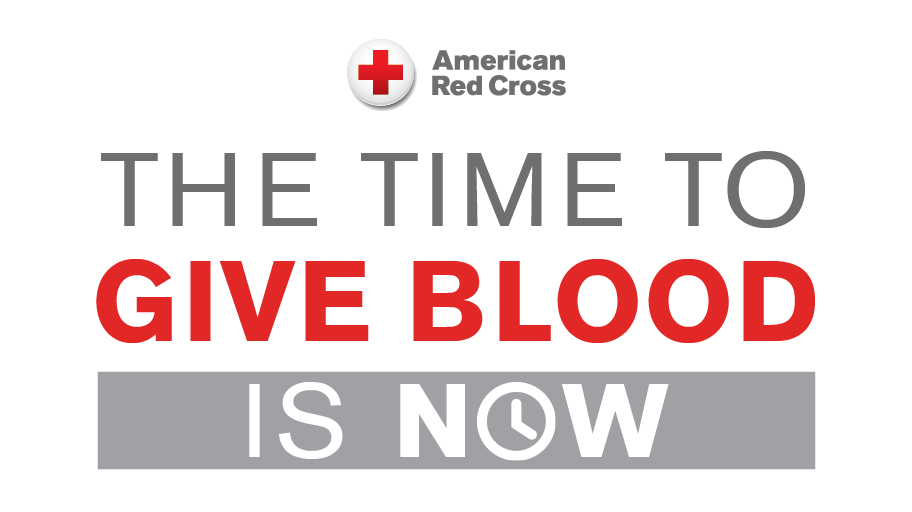Healthy individuals are needed to schedule an appointment now to give in the days ahead to help patients counting on lifesaving blood throughout this pandemic. The American Red Cross faces a severe blood shortage due to an unprecedented number of blood drive cancellations during this coronavirus outbreak.
With workplaces, college campuses and schools temporarily closing, blood drives at these locations are being canceled. Since March 1, about 7,000 Red Cross blood drives have been canceled across the country due to coronavirus concerns, resulting in more than 200,000 fewer blood donations. The organization is expecting cancellations to continue to increase, which is causing heightened concern for blood collection organizations and hospitals across the country.
As a nation, this is a time where we must take care of one another including those most vulnerable among us. If you are healthy and feeling well, please make an appointment now to donate in the days ahead by using the Red Cross Blood Donor App, visiting RedCrossBlood.org or calling 1-800-RED CROSS (1-800-733-2767).
The Red Cross Keeps Donor Safety Top-of-Mind
While coronavirus has caused concerns about whether it’s safe to go to blood drives and donation centers, the Red Cross has implemented thorough safety protocols to make the blood donation process even safer. “Social distancing doesn’t mean social disengagement,” according to the U.S. Surgeon General Jerome Adams. “So, give blood today, you’ll feel good about it,” says Adams.
The coronavirus pandemic has prompted the following new measures to ensure blood drives and donation centers are even safer for our donors and staff:
- Checking the temperature of staff and donors before entering a drive to make sure they are healthy.
- Providing hand sanitizer for use before the drive, as well as throughout the donation process.
- Spacing beds, where possible, to follow social distancing practices between blood donors.
Additionally, at each blood drive and donation center, Red Cross employees already follow these thorough safety protocols to help prevent the spread of any type of infection, including:
- Increasing enhanced disinfecting of surfaces and equipment.
- Wearing and changing gloves with each donor.
- Routinely wiping down donor-touched areas.
- Using sterile collection sets for every donation.
- Preparing the arm for donation with an aseptic scrub.
What You Need to Know Before Donating Blood
All blood types are needed to ensure a reliable supply for patients. A blood donor card or driver’s license or two other forms of identification are required at check-in. Individuals who are 17 years of age in most states (16 with parental consent where allowed by state law), weigh at least 110 pounds and are in generally good health may be eligible to donate blood. High school students and other donors 18 years of age and younger also have to meet certain height and weight requirements.
Three tips to help ensure a successful blood donation:
- Enjoy a protein rich meal
- Hydrate and Be well rested
- Wear a comfortable shirt with sleeves that can be rolled up easily
Individuals unable to donate blood, are urged to encourage a family member or friend to donate in their place. Or consider other ways to help volunteer at blood drives.
Blood and platelet donors can save time at their next donation by using RapidPass® to complete their pre-donation reading and health history questionnaire online, on the day of their donation, before arriving at the blood drive. To get started, follow the instructions at RedCrossBlood.org/RapidPass or use the Red Cross Blood Donor App.












